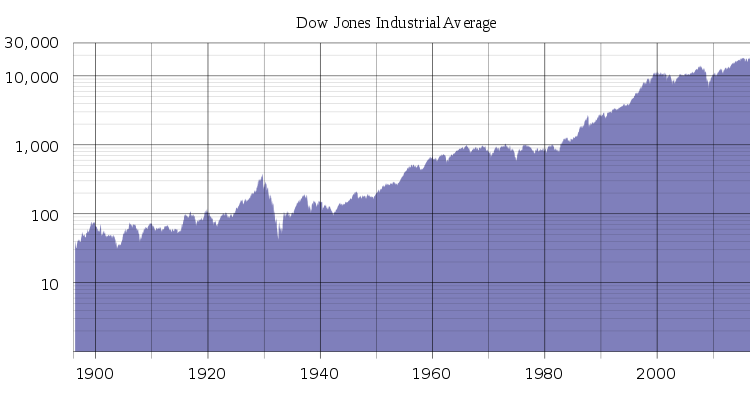College football is evolving, and GMs are leading the charge into a new era.
- Courtney Morgan, Alabama’s GM, signed a three-year extension worth $825,000 annually.
- The role of a GM in college football is becoming more common, mirroring NFL structures.
- Relaxed transfer rules and player endorsements have transformed recruiting dynamics.
- Nick Saban pioneered the concept of a personnel department in college football.
- The number of college football GMs has rapidly increased, with significant events for networking.
In a surprising twist this college football offseason, the most significant development wasn’t a high-profile coaching change or a star quarterback’s transfer. Instead, it was the contract extension of Courtney Morgan, Alabama’s general manager, who signed a three-year deal averaging $825,000 annually—more than some on-field assistants. This unprecedented move highlights a growing trend in college football: the hiring of general managers to oversee roster construction, a role traditionally held by head coaches. nnAs college football increasingly mirrors the NFL, the responsibilities of GMs have expanded to include scouting players, managing payrolls, and attracting top talent from the free-agent market. With relaxed transfer rules allowing players to switch schools more freely and the introduction of endorsement deals, recruiting has transformed into a financial negotiation rather than a personal charm offensive. nnThe concept of a dedicated personnel employee isn’t entirely new; Nick Saban began advocating for this model nearly two decades ago, realizing that college teams were lagging behind in roster management. His success at Alabama has inspired other programs to adopt similar structures, leading to the rise of the GM position. nnThe number of GMs in college football has surged, with events for personnel staff growing from 100 attendees in 2018 to over 700 this year. As the role of GMs becomes more critical, some predict they may even take on responsibilities like hiring head coaches, akin to NFL practices. With the landscape of college football evolving rapidly, the importance of front offices is set to increase, especially as schools prepare for new systems involving direct player payments.·
Factuality Level: 8
Factuality Justification: The article provides a detailed analysis of the evolving role of general managers in college football, supported by quotes from relevant figures and historical context. While it presents a strong narrative, it could benefit from more diverse perspectives and less emphasis on the opinions of a few individuals, which may introduce some bias.·
Noise Level: 8
Noise Justification: The article provides a detailed analysis of the evolving role of general managers in college football, highlighting significant trends and changes in the sport. It discusses the implications of these changes, such as the professionalization of college football and the impact of relaxed transfer rules and player endorsements. The article stays on topic, supports its claims with examples and quotes from relevant figures, and offers insights into the future of college football. However, it could benefit from a deeper exploration of the consequences of these changes on players and the overall integrity of college sports.·
Private Companies: Alabama,Ohio State,Duke,Arizona,Iowa,North Carolina,West Virginia,Washington
Key People: Courtney Morgan (General Manager at Alabama), Mark Pantoni (General Manager at Ohio State), John Garrett (General Manager at Duke), Matt Dudek (General Manager at Arizona), Tyler Barnes (General Manager at Iowa), Patrick Suddes (General Manager at North Carolina), Drew Fabianich (General Manager at West Virginia), Kalen DeBoer (Head Coach at Alabama)
Financial Relevance: No
Financial Markets Impacted: No
Financial Rating Justification: The article discusses the trend of college football teams hiring general managers to oversee roster construction and player management, similar to the NFL model. This development is related to the sport itself but does not have a direct impact on financial markets or companies.
Presence Of Extreme Event: No
Nature Of Extreme Event: No
Impact Rating Of The Extreme Event: No
Extreme Rating Justification: The article discusses changes in college football management and the rise of general manager roles, but does not mention any extreme events that occurred in the last 48 hours.·
Move Size: No market move size mentioned.
Sector: All
Direction: Up
Magnitude: Large
Affected Instruments: No
 www.wsj.com
www.wsj.com 





